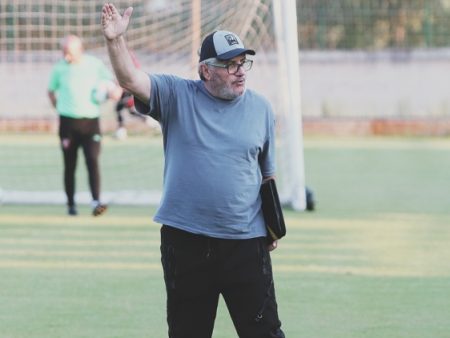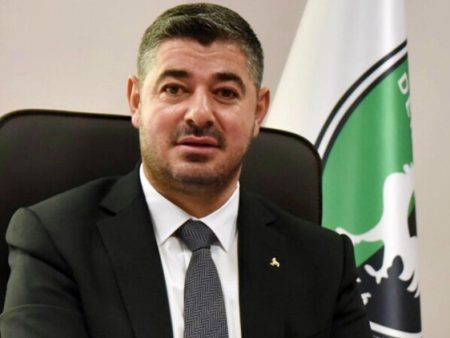In this transformed world, it is crucial to uphold the values that Peres held dear — the pursuit of peace, the embrace of innovation, and the commitment to a better world for all, Efrat Duvedani writes.
A century after his birth, Shimon Peres’ legacy could be the beacon of hope we all need
As we mark 100 years since the birth of Shimon Peres this month, it is a moment to not only reflect on the late Israeli president’s profound legacy but also to ponder the starkly different world that greeted him in August 1923.
When Peres entered this world in the city of Wiszniew, Poland — now Vishnyeva, Belarus — global events were unfolding with great significance.
August 1923 marked the height of the Roaring Twenties, a time of cultural and social upheaval across the globe. In the US, the radio broadcasting era began days earlier with the launch of the first commercial radio station.
This innovation revolutionised communication and brought the world closer together, setting the stage for rapid globalisation.
Meanwhile, Europe was still grappling with the aftermath of World War I, trying to rebuild and heal from the devastation of the conflict.
The continent’s geopolitical landscape was in constant flux, with emerging ideologies and political tensions shaping the future.
Changing geopolitical landscape and global upheaval
In Germany, the fragile Weimar Republic struggled to maintain stability amid economic hardships, foreshadowing the rise of extremist ideologies that would later plunge the world into its most devastating war.
In the Middle East, the region that would later become Peres’ lifelong pursuit, the reality was no less complex.
The British Mandate of Palestine, established by the League of Nations, was facing resistance from both Arab and Jewish communities over conflicting claims to the land. In a region riddled with volatility, those simmering tensions would eventually lead to the Arab-Israeli conflict.
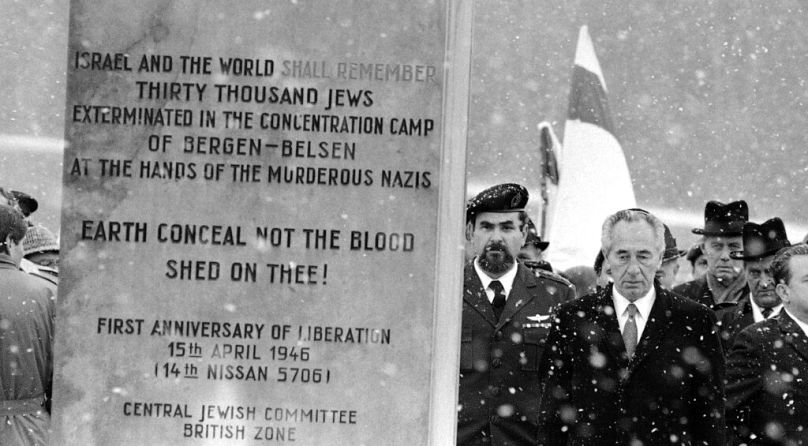
As we look back at the events of August 1923, we are reminded of the uncertainties and challenges that marked that era.
Shimon Peres was born into a world grappling with a changing geopolitical landscape, technological advancements and social upheaval.
It was a time that demanded visionary leaders who could navigate the complexities and strive for progress.
Our challenges today are different, yet just as acute
Peres’ life journey took him from the roots of his Polish upbringing to the forefront of Israeli politics and the pursuit of peace in the Middle East.
Throughout his career, he demonstrated a steadfast commitment to dialogue, understanding, and compromise, firmly believing that peace was the foundation for progress and prosperity.
In the hundred years since Peres’ birth, we have experienced the horrors of World War II, the establishment of the United Nations, the creation of the State of Israel, the end of the Cold War, and the dawn of the digital age.
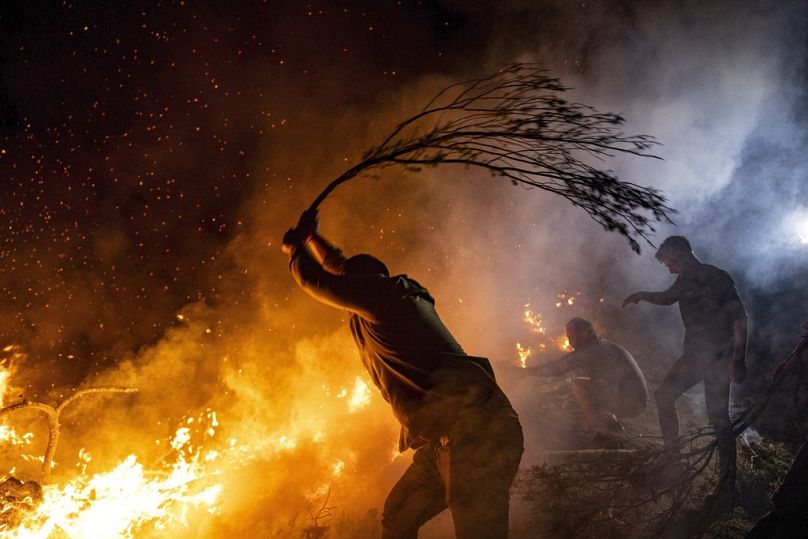
Technological advancements, including the internet and the rise of social media, have further interconnected us, altering how we communicate and experience life.
But as we draw lessons from Peres’ legacy, we must apply them to the world we inhabit today, not just the past he lived through.
The challenges we face are of a different nature, but no less pressing. The rapid advancement of technology has brought immense opportunities, but it also poses new risks and ethical dilemmas.
Climate change threatens our planet’s very survival, demanding global cooperation and collective action.
A collective effort to build bridges is needed
In this transformed world, it is crucial to uphold the values that Peres held dear — the pursuit of peace, the embrace of innovation, and the commitment to a better world for all.
We must acknowledge that peace is not merely the absence of conflict, but a collective effort to build bridges, promote understanding, and address the root causes of unrest.
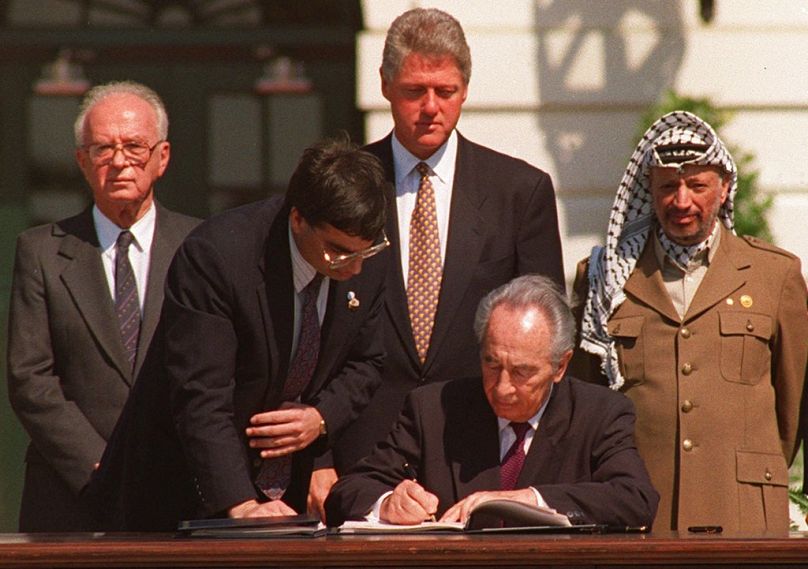
We must continue to strive for constructive dialogue and sustainable solutions, acknowledging the interconnectedness of our global challenges.
Furthermore, as we embrace the rapid technological advancements that have shaped our world, we must ensure that innovation is harnessed for the collective good.
By prioritising sustainable development and equitable access to technology, we can address pressing issues such as climate change and social inequality.
We all need a beacon of hope
Peres, a beacon of leadership dedicated to serving his people, epitomised the kind of visionary leadership that can guide both Israel and the world into the future.
His bequest extends beyond history, providing a timeless model for the generations to come, reminding us that leadership is about service and setting an example for the future.
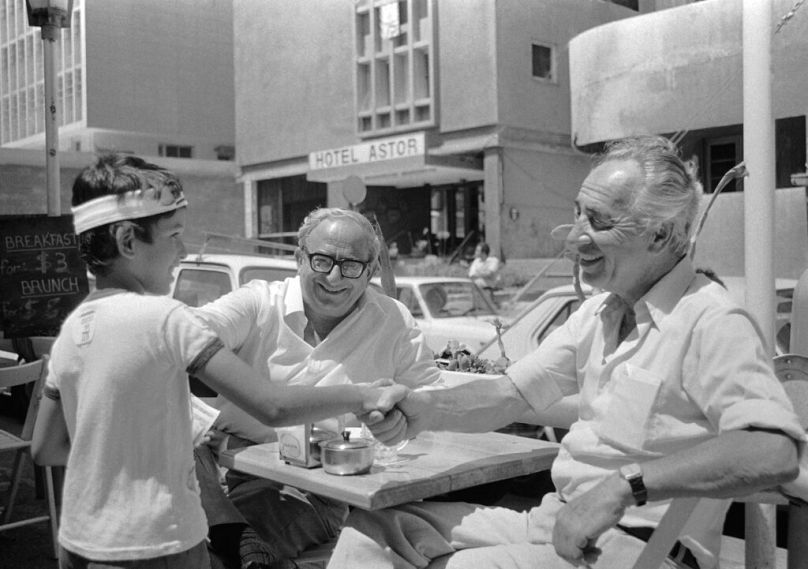
And it ultimately serves as a beacon of hope, telling us that progress requires resilience and determination.
The world may have changed since his birth, but the values he embodied are timeless and enduring.
Let us honour his memory by charting a path towards peace, harnessing innovation for positive change, and fostering a sense of global citizenship.
In doing so, we can carry forward his vision and build a brighter future for the generations of the next 100 years and beyond.
Efrat Duvedani serves as Director General at the Peres Center for Peace and Innovation.
At Euronews, we believe all views matter. Contact us at view@euronews.com to send pitches or submissions and be part of the conversation.
